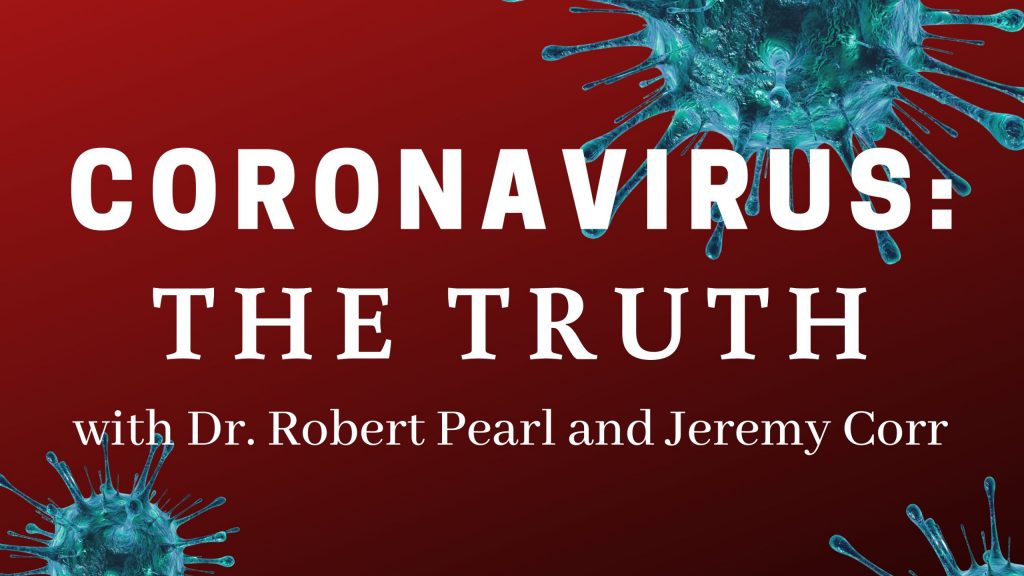Podcast: Play in new window | Download
Subscribe: Spotify | Email | RSS
Looking back on the coronavirus pandemic and the national response, Dr. Robert Pearl says, “I believe that historians will judge the American people well and nearly all of our leaders poorly.”
Robert’s co-host and fellow history buff Jeremy Corr notes that past outbreaks led to significant social and political shakeups: “Epidemics are the kinds of events in history that set off a chain reaction of other events that often have very serious consequences that change things forever.”
In episode 14 of Coronavirus: The Truth, Robert and Jeremy examine the available facts and historical trends to imagine what historians will see when they look back on the year 2020. Also, in this podcast, the hosts answer your coronavirus questions relating to masks, sexual transmission and more:
[00:51] What were the biggest coronavirus news updates from the past week?
[04:12] What can be done about the uptick in new cases as states reopen?
[08:56] The World Health Organization (WHO) caused mass confusion last week concerning asymptomatic transmission of the virus. What happened and what’s the truth?
[16:02] As political debate rages over the use of masks, how can people make sense of what will or won’t keep them safe?
[17:58] Listener question: Can the coronavirus spread through sexual transmission?
[20:23] Are we at the beginning of another surge or a “second wave” of the pandemic?
[22:03] In hindsight, did we shut down too hard for too long?
[25:28] Many have compared the coronavirus to war. What are the biggest parallels and differences?
[29:34] How might historians talk about our current response to this viral pandemic 25 years from now?
This episode is available on Apple Podcasts, Google Play, Spotify and other podcast platforms.
If you have coronavirus questions for the hosts, please visit the contact page or send us a message on Twitter or LinkedIn.
*To ensure the credibility of this program, Coronavirus: The Truth refuses to accept sponsorship, outside funding sources or guests with any financial or personal conflicts of interest.

